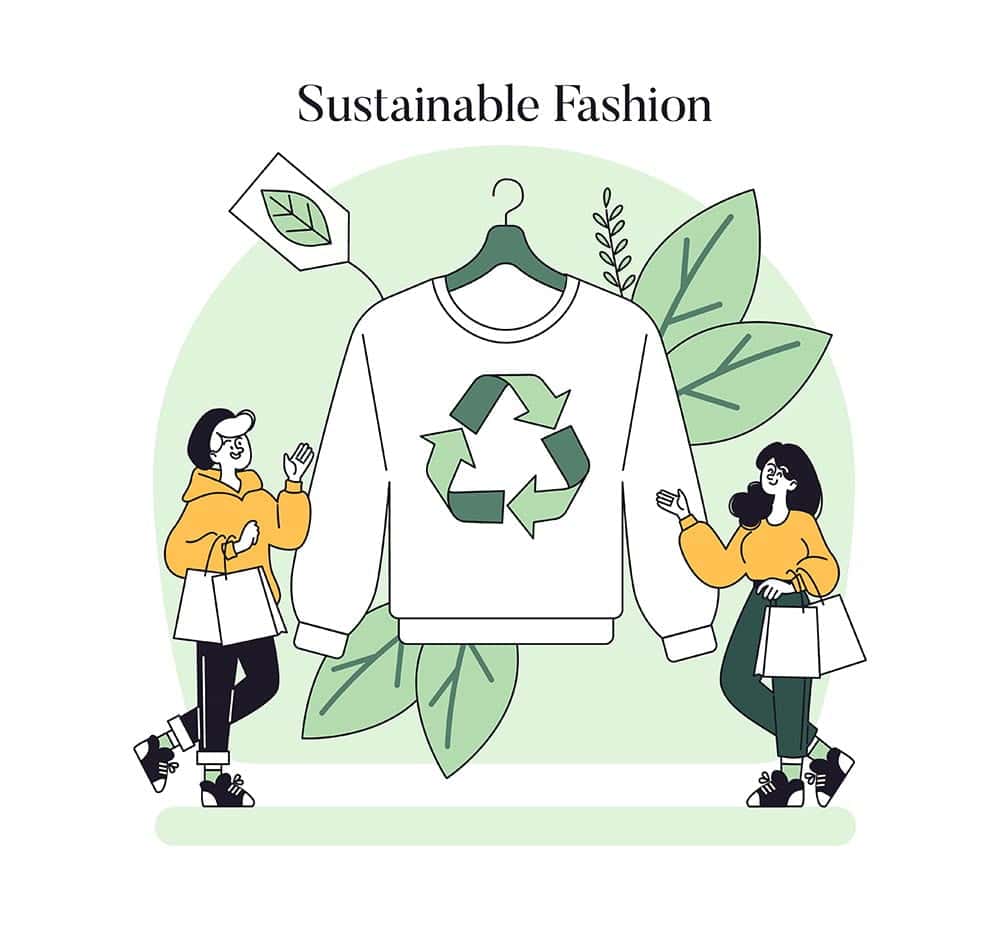The year 2024 marks a significant turning point in consumer behavior, characterized by a notable shift towards eco-conscious consumerism. This transformation is driven by an increasing awareness of environmental issues, with consumers now prioritizing sustainability when making purchasing decisions.
More individuals are opting for eco-friendly products as they become educated about the detrimental effects of pollution, climate change, and unsustainable practices. According to recent surveys, over 70% of consumers report actively seeking products that are environmentally responsible, highlighting a stark contrast to previous years.
One of the primary factors contributing to this change is the influence of social media, where platforms serve as powerful tools for spreading awareness regarding environmental issues. Social media campaigns and influencers focused on sustainable living have successfully educated the masses and ignited discussions around responsible consumption.
As a result, consumers are increasingly aware of their purchasing power and its potential impact on the environment. The sharing of eco-friendly practices across social networks has further encouraged this movement, leading consumers to redefine their shopping habits.

Additionally, brands have taken notice of this shift and are adjusting their strategies accordingly. There is a marked increase in the availability of sustainable goods, ranging from biodegradable packaging to ethically-sourced materials.
A report from 2024 indicated that sales of eco-conscious products grew by 20%, reinforcing the idea that sustainability is no longer a niche market but is, instead, becoming mainstream. This trend reflects a significant societal change where consumers feel empowered to demand transparency, authenticity, and ethical practices from brands.
Consequently, businesses that prioritize sustainability are not only meeting consumer demands but also positioning themselves competitively in a rapidly evolving marketplace.
Brands Responding to Sustainable Demands
In recent years, there has been a notable shift in consumer preferences, with increasing numbers of individuals prioritizing sustainable and eco-conscious products. Brands are recognizing this trend and adapting their strategies to align with these evolving consumer values.
To effectively meet the rising demand for sustainable options, many companies have begun implementing innovative practices that integrate sustainability into their core operations.
One of the most significant changes can be seen in the realm of sustainable sourcing. Companies are increasingly choosing suppliers that adhere to environmentally friendly practices. For instance, clothing brands are opting for organic and recycled materials to reduce their environmental footprint.

By making conscious choices in their supply chains, these brands not only contribute to environmental preservation but also appeal to ethically minded customers who wish to make responsible purchasing decisions.
Moreover, the adoption of eco-friendly packaging has become a hallmark of brands aiming to resonate with eco-conscious consumers. More organizations are moving away from single-use plastics and exploring biodegradable, compostable, or recyclable alternatives.
This shift not only reduces waste but also positions brands as leaders in sustainability, fostering loyalty among customers who place a high value on environmental responsibility.
Corporate social responsibility (CSR) initiatives play an additional key role in how brands communicate their commitment to sustainability. Many companies are now engaging in community-based projects, supporting environmental causes, and volunteering their resources for eco-centric initiatives.
Such efforts enhance their brand image while fostering trust and connection with consumers who appreciate transparency and genuine concern for the environment.
The ability of brands to integrate sustainability into their business models is not merely a response to market demands; it represents a profound transformation in how businesses operate.
As eco-conscious consumers continue to influence purchasing decisions across industries, the commitment to sustainable practices is likely to have long-lasting impacts on brand loyalty and consumer behavior.
The Role of Technology in Sustainable Consumption
As the demand for eco-conscious products continues to escalate, technology plays a pivotal role in facilitating sustainable consumption. E-commerce platforms have emerged as significant players in promoting products that prioritize environmental sustainability.
Many of these platforms curate selections of items that meet specific eco-friendly criteria, enabling consumers to access a diverse range of sustainable options. This development not only simplifies the purchasing process for eco-conscious shoppers but also incentivizes brands to adopt more sustainable practices to align with consumer preferences.
In recent years, advancements in product tracking and materials transparency have also contributed to a more informed consumer base. Through technologies like blockchain, brands can provide detailed information about the sourcing and manufacturing processes of their products.
This transparency empowers consumers to make informed purchasing decisions and fosters trust between brands and buyers. The ability to trace a product’s lifecycle from raw materials to end use stimulates ethical consumer behavior and encourages brands to maintain higher sustainability standards.
The rise of mobile applications and online tools further underscores technology’s role in promoting eco-friendly habits. Various apps are designed to help consumers assess the environmental impact of their purchases, offering insights on everything from carbon footprints to recyclability.
Some applications even provide alternatives to conventional products, directing users toward greener choices. By streamlining access to valuable information, these digital tools play an essential part in shaping sustainable consumption behavior.
Ultimately, technology serves as a connector between consumers and brands in the quest for sustainability. It not only transforms the way individuals shop but also influences how companies operate, urging them to develop more sustainable practices.
As we advance into 2024, the interplay between technology and eco-conscious consumption will undoubtedly continue to redefine consumer habits, making sustainability an integral aspect of the retail landscape.
Future Trends in Eco-Conscious Consumerism
As we look towards 2024 and beyond, the landscape of eco-conscious consumerism is poised for significant transformation. Emerging trends suggest that consumer preferences will continue to evolve as awareness of sustainability deepens.
One of the prominent shifts involves a growing affinity for brands that prioritize environmental responsibility. Consumers are increasingly scrutinizing product origins, opting for those that showcase transparency and ethical sourcing. This indicates a robust trend toward prioritizing sustainable materials and processes in purchasing decisions.
Regulatory changes are also expected to play a crucial role in shaping the future of eco-conscious shopping. Governments worldwide are considering policies that promote sustainability, such as incentives for businesses that adopt eco-friendly practices and stricter regulations against non-sustainable products.
Such measures may accelerate the demand for green products and drive innovation within industries as companies seek to comply with evolving standards. This regulatory landscape is likely to encourage brands to enhance their commitments to sustainable practices, further aligning with shifting consumer values.
In tandem with policy developments, the ramifications of climate change awareness will become increasingly evident in consumer behavior. As individuals grasp the urgent need for environmental action, there will likely be a marked increase in demand for sustainable solutions, from energy-efficient appliances to zero-waste packaging.
Brands that can effectively communicate their environmental impact and commitment to sustainability will likely capture the attention of eco-conscious shoppers. Innovation will not only be key to meeting these demands but also to staying relevant in an increasingly competitive market that prioritizes eco-friendly options.
This future-oriented approach to consumerism reflects a larger trend of embedding sustainability into everyday choices. As a result, the market is expected to witness a proliferation of eco-conscious products, ultimately making sustainable shopping the norm rather than the exception.
In conclusion, the convergence of consumer preferences, regulatory frameworks, and climate awareness suggests that eco-conscious consumerism is set to flourish, shaping a healthier planet for future generations.

